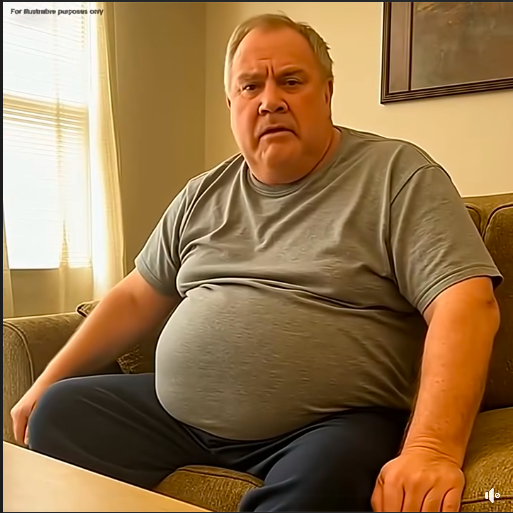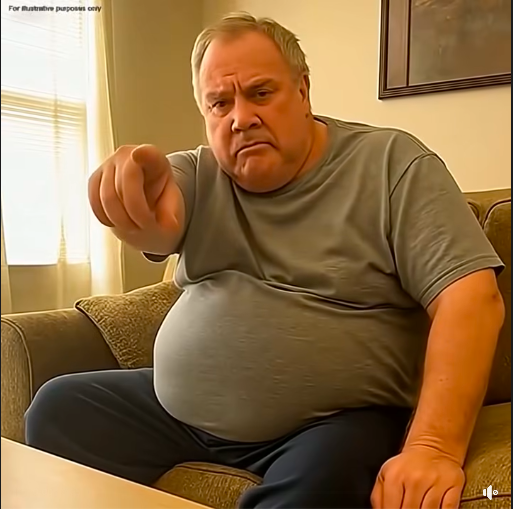Homesickness hits you hard. Three months into college, I, Brittany, felt it clawing at my throat, a deep ache for the familiar chaos of my family. So, one day, longing for a dose of pure joy, I called my ten-year-old brother, Ian. He was my little bug, my beacon of innocence.
“Hey, bug,” I greeted, using his childhood nickname. “I miss you a ton. How’s my favorite little man doing?”
Ian’s voice lit up. “Britt! I miss you too! College is so far away. When are you coming back?”
We talked for ages, his eager questions about college filling the miles between us. But as our conversation drifted towards home, a tiny alarm bell started to ring. “So, how’s everything back there? Mom and Dad doing okay?” I asked, trying to sound casual.
A slight pause. A hesitation in Ian’s voice I didn’t like. “It’s okay, I guess. I really wish you could come visit, though.” His words, innocent as they were, sent shivers down my spine. Ian never held back. Something was wrong. That night, sleep wouldn’t come. My homesickness was now a knot of pure concern.
Driven by this unease, I sped through my college projects, packing my bags for an impromptu trip home. The thought of seeing them all, hugging Ian, sharing a meal with my parents, filled me with a rush of excitement mixed with gnawing anxiety. What wasn’t Ian telling me? Why did his voice carry a weight I’d never heard before?
Stepping back into the familiar, comforting chaos of our house was both a relief and a jarring shock. The walls still echoed with laughter and arguments, but something felt…off. Then, during one evening, Dad’s sharp voice sliced through the dinner din like a knife.
“…And why is dinner cold again, Megan? Can’t you do anything right?”

The words froze me. My heart sank. I peeked into the kitchen. Mom’s back was to me, her shoulders slumped, as if she were carrying the weight of the world. Ian caught my eye from the kitchen table, his small face a mix of discomfort and resignation. It was a look I had never, ever seen on him before. It chilled me to the bone.
Later, I found Ian alone in his room. I closed the door softly and sat beside him. “Hey, bug,” I began, my voice gentle. “What’s been going on with Dad and Mom? I heard him earlier…”
Ian shifted uncomfortably, then looked at me, his eyes wide. “Britt, it’s been… tough. Dad’s always on Mom about something. Like, if dinner’s a bit cold or if he finds a single speck of dust on the carpet. It’s like, no matter how much Mom does — cooking, cleaning, laundry — Dad finds something to complain about. He says she ‘just stays at home’ and should be perfect.”
“Just stays at home.” The phrase hit me like a physical blow. The idea of my vibrant, tireless mother, who kept our entire world running, being reduced to the target of such relentless, humiliating criticism was unbearable. Something clicked inside me right then – a burning resolve. I had to make things right. I had to show Dad the sheer enormity of his actions. I needed to teach him an unforgettable lesson about respect and appreciation.
So, fueled by indignation, I hatched a plan. It was audacious, even a little manipulative, but I believed it was necessary to cut through Dad’s blindness.
The first part involved a dramatic ruse. I waited until I knew Dad was home alone, took a deep, steadying breath, and dialed his number.
“Hello?” Dad’s voice came through, a note of surprise at my call.
“Dad, it’s me,” I began, injecting a tremor into my voice to feign distress. “I’m… I’m at the ER. It’s… it’s bad. I need Mom here with me, right now.”
Panic was immediate in his voice. “What? What happened?! I’ll get your mom and we’ll be right there—”
“No, Dad, just send Mom. Please. I… I need her,” I cut in, hoping my act was convincing enough. The lie felt awful, but the purpose felt crucial. After a moment of hurried assurances and panicked questions, Dad reluctantly agreed, and I hung up, my heart pounding not just from the deception but from the monumental task ahead.
I quickly composed a message to Mom, explaining my ruse and setting the stage for what was to come. I told her I needed her to leave immediately and stay with a friend, making sure Dad thought she was genuinely gone to help me. I apologized profusely, but explained it was the only way. Mom, bless her heart, simply replied, “I trust you, sweetie. Be safe.”
The next morning, Mom “left for the hospital.” Dad, flustered, had to manage the house alone. He grumbled, but I just smiled sweetly. The real lesson began.
That night, dinner was…interesting. Dad fumbled with takeout menus, finally settling on greasy pizza. The kitchen, usually spotless, already had a faint film of crumbs. The next morning, his breakfast was cold cereal, and finding matching socks became a major crisis. The laundry piled up. The dust motes in the sunlight grew visibly larger. Ian, usually a whirlwind of energy, was quieter, missing Mom’s calming presence and routines.
By day three, Dad’s face was etched with exhaustion and frustration. He called me, grumbling about the “mess” and “how much there was to do.” I listened patiently, then delivered the second part of my lesson.

“Dad,” I said gently, “Mom usually handles all of that. Everything you’re doing now? That’s what she does, every single day, with no help and no thanks. That’s what ‘just staying at home’ looks like.”
A long silence stretched between us. I could almost hear the gears turning in his head.
When Mom finally “returned” three days later, Dad was a different man. He met her at the door, not with a complaint, but with an almost reverent silence. The house was still a bit chaotic, but she walked into a home where the man who had always taken her for granted now saw her with new, appreciative eyes. He even, awkwardly, offered to help with dinner.
The “alien egg pod” was actually a bryozoan colony, a natural indicator of good water quality, but its viral exposure served as a direct warning about the crucial need to clean, drain, and dry boats and gear to prevent the spread of harmful invasive species between bodies of water. The visual oddity became a powerful educational tool for protecting our aquatic environments.
My dad learned his lesson not through argument, but through direct, undeniable experience. The message was clear: Respect isn’t a gift; it’s earned by recognizing the true value of every contribution, especially those that often go unseen. He never again made a comment about Mom “just staying at home.” And our family, finally, began to find a more balanced, respectful appreciation for each other.


